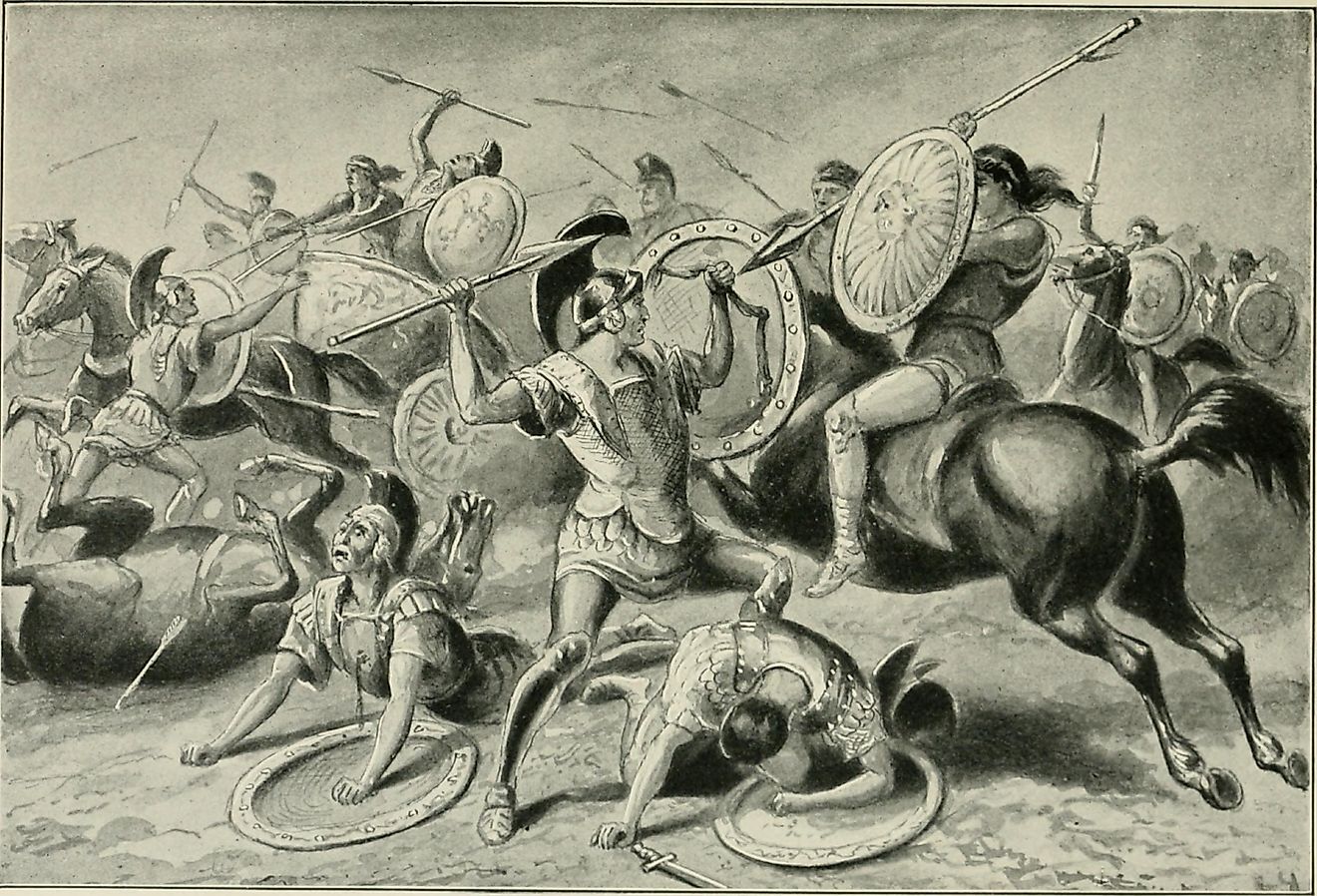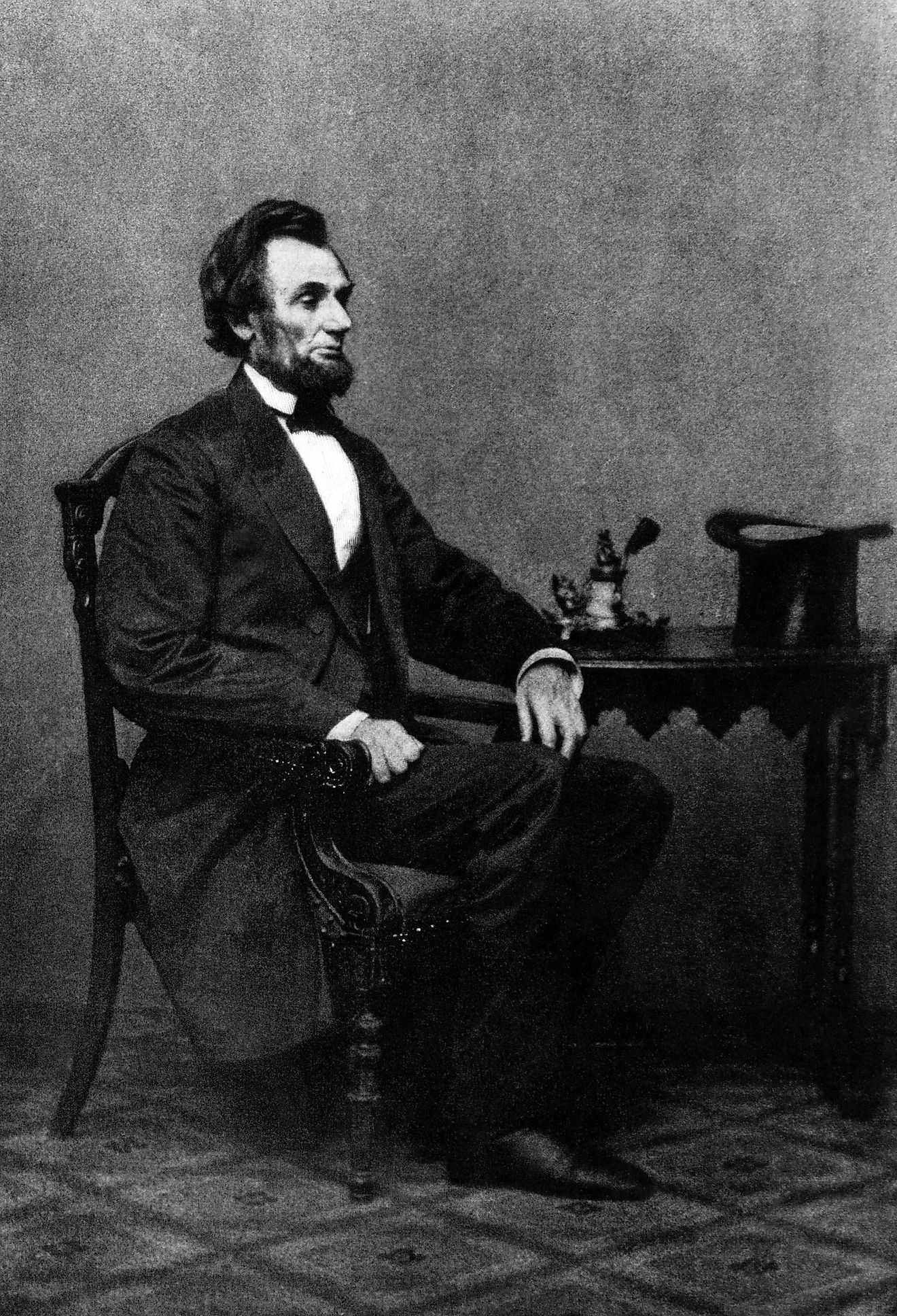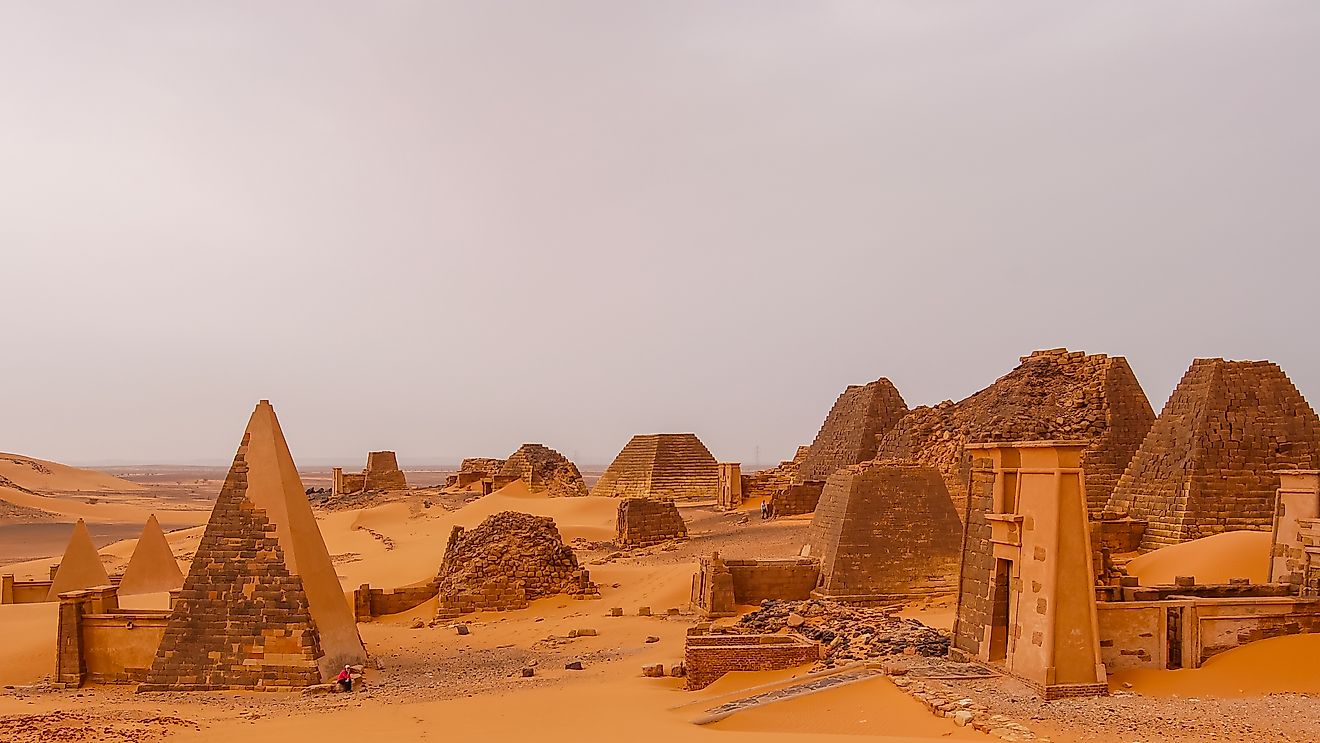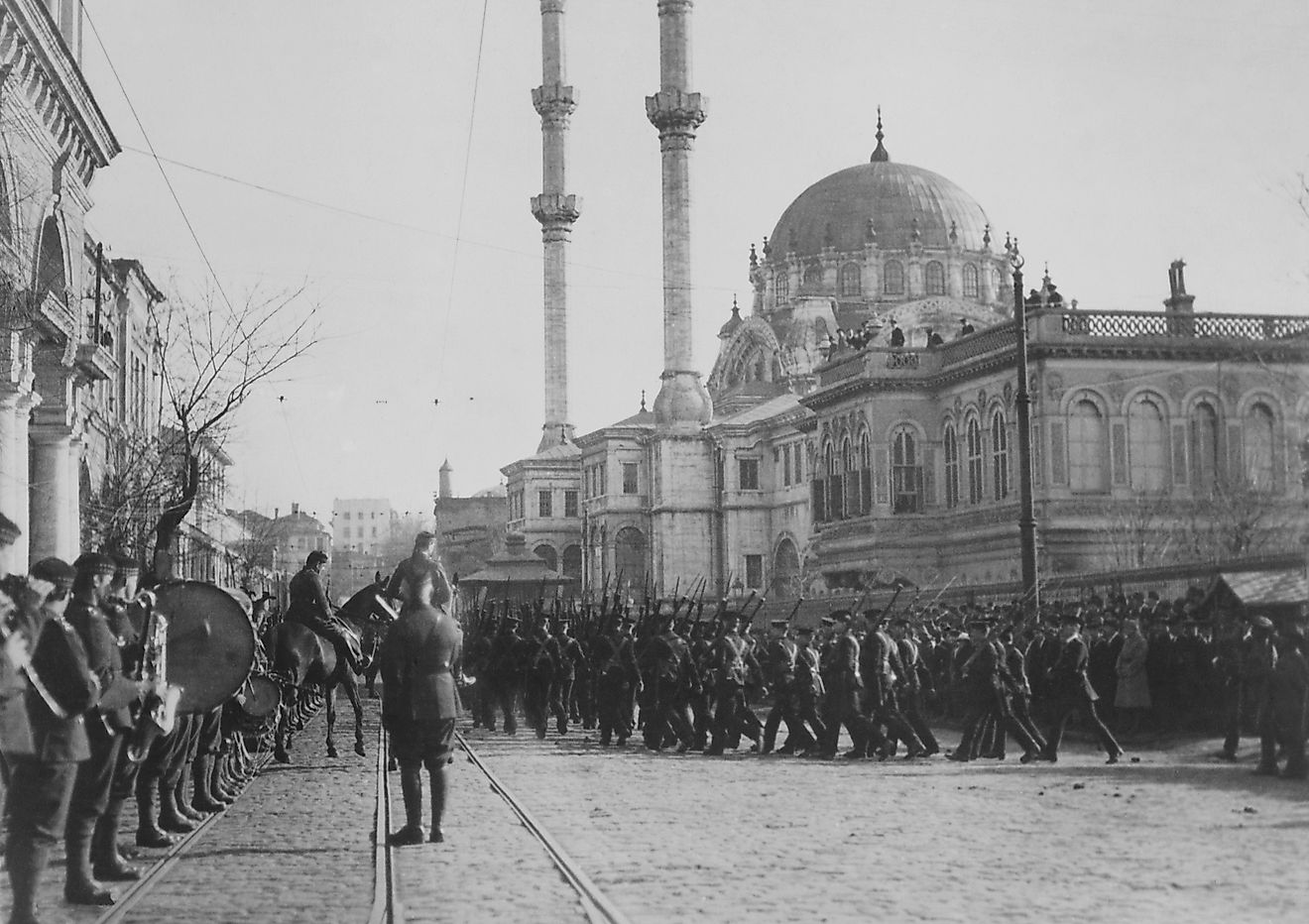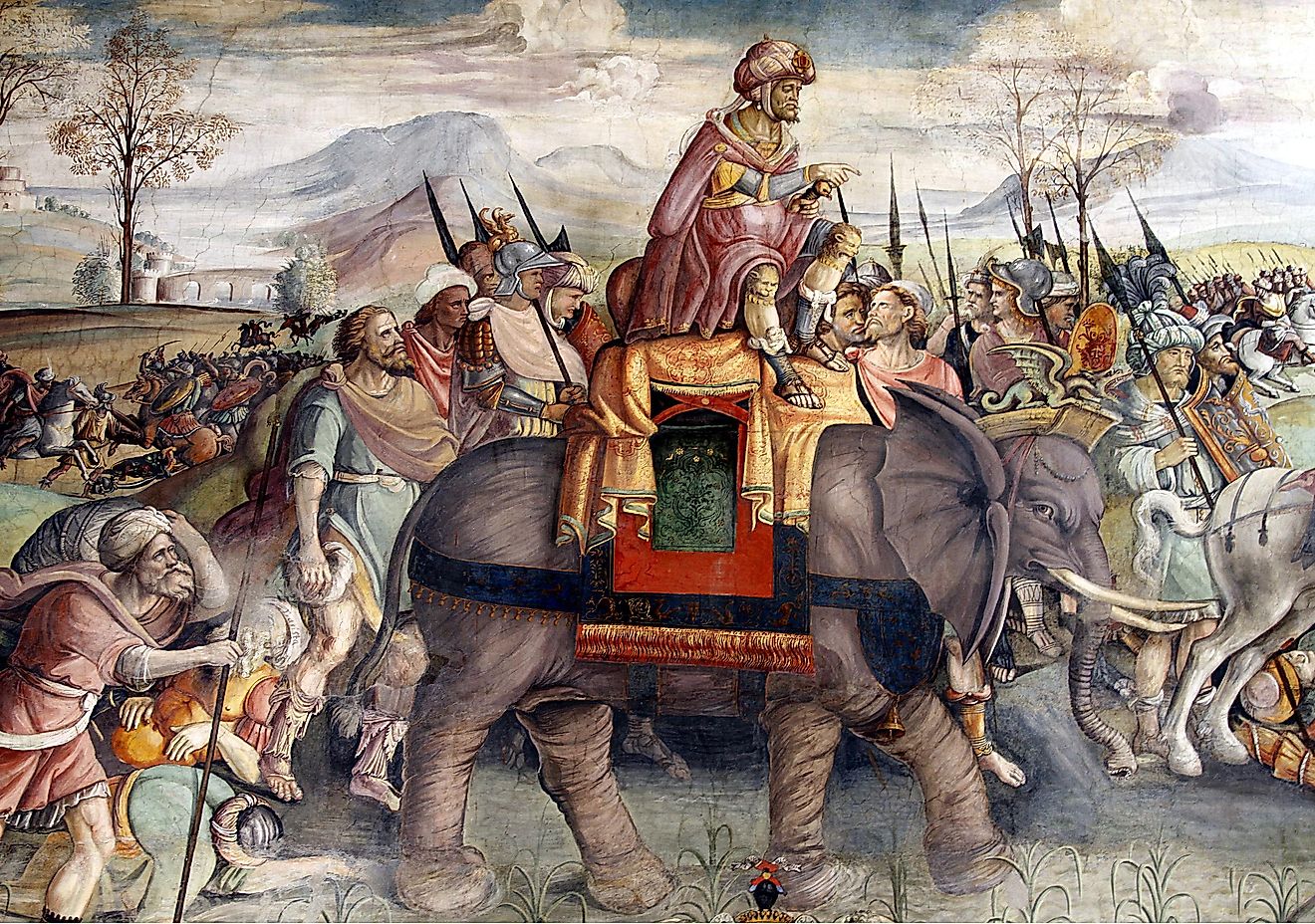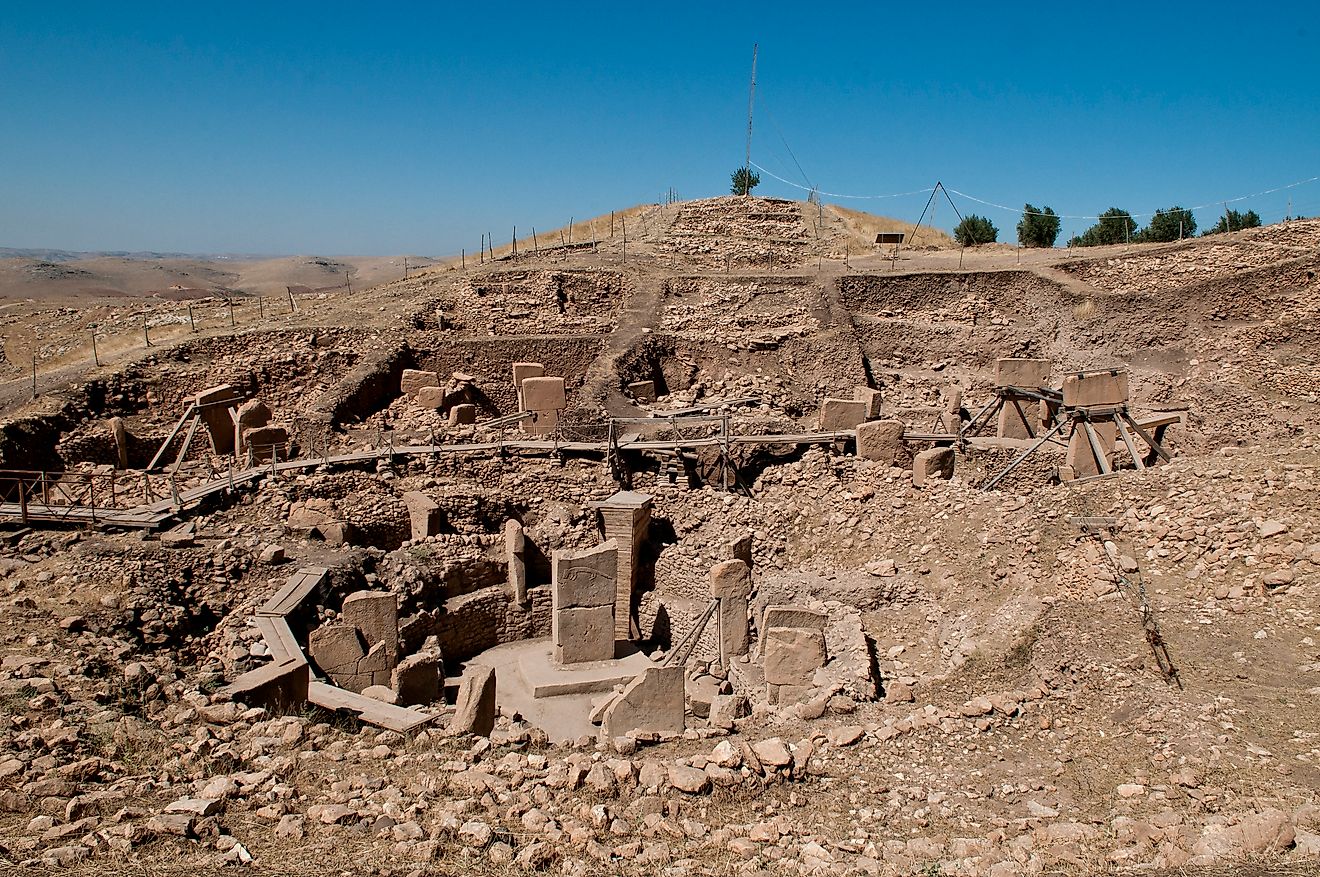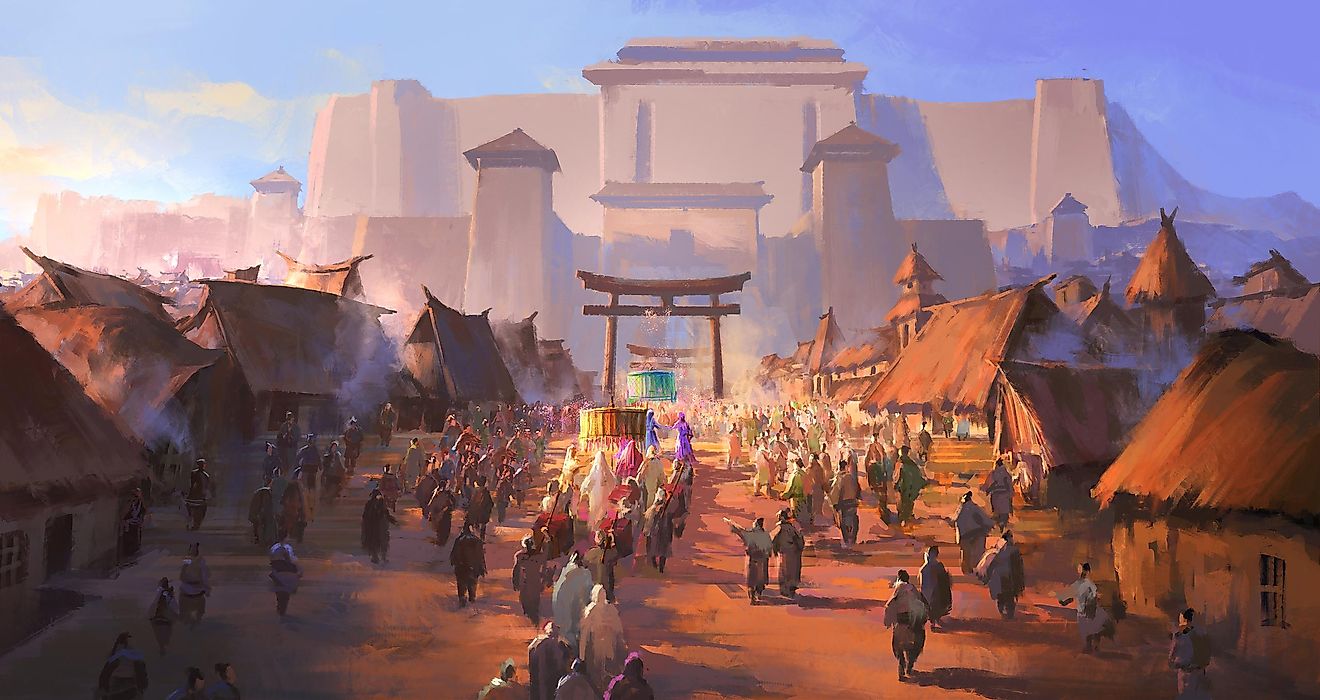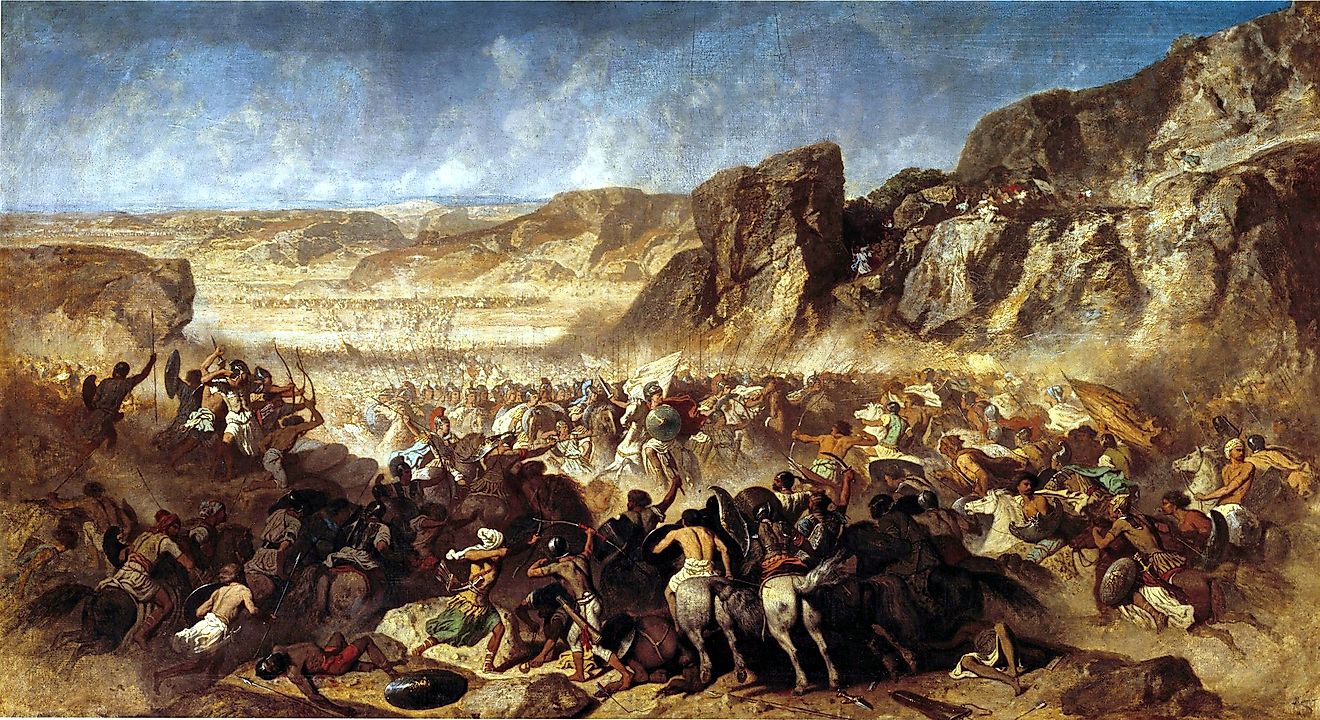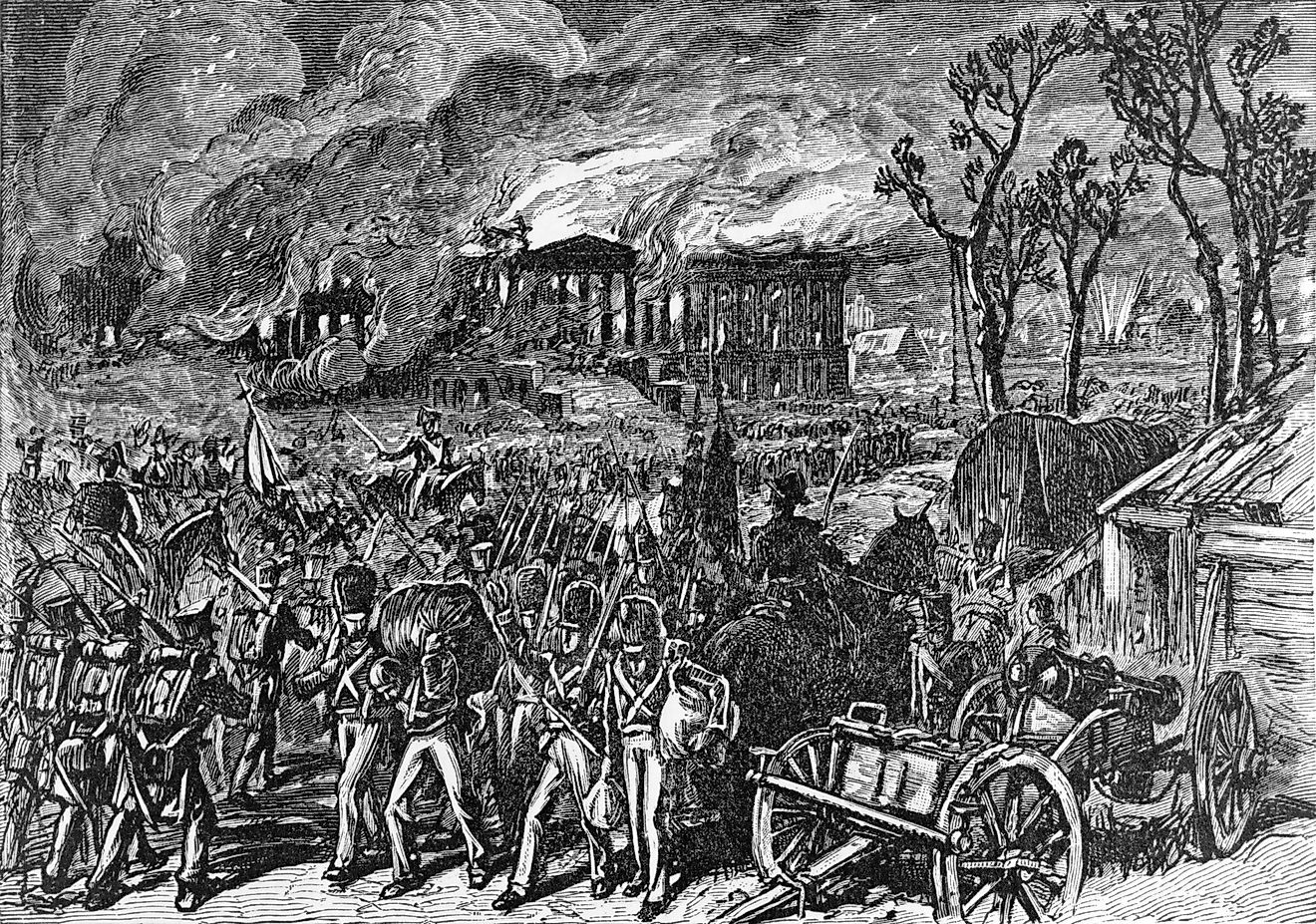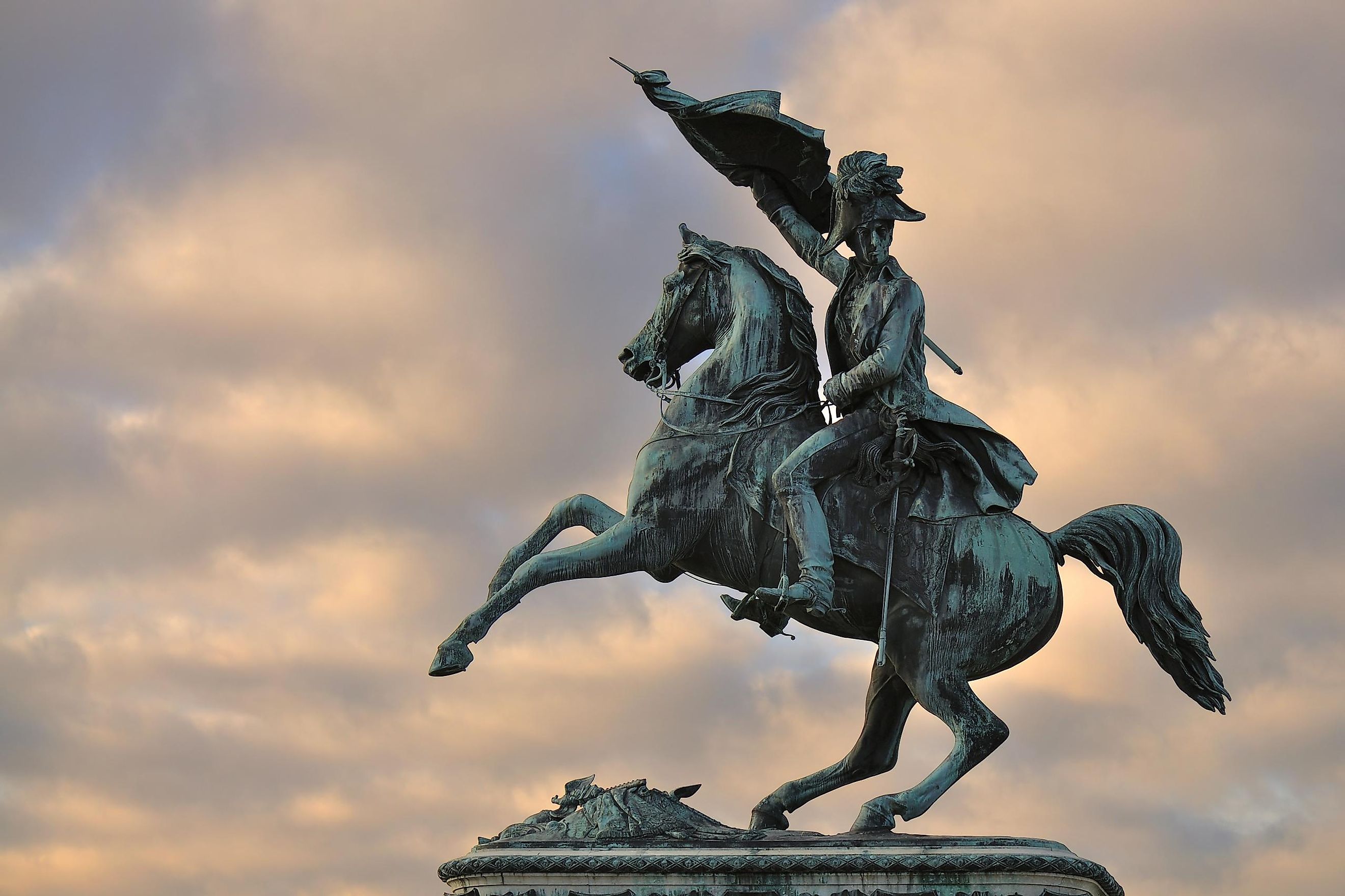
What Is Imperialism?
In its simplest terms, imperialism is the extension of a nation's power through force. But there's much more to it than that. Imperialism can involve subjugating other peoples and cultures, acquiring new territory, and the imposition of economic and political control. It is a complex phenomenon with a long history, and it has an enormous impact on the world today. Imperialism has been a part of the human experience for thousands of years, with countries like Ancient Rome and more modern empires like Britain ruling over vast swathes of the globe. In recent years, imperialism has come under fire for being an outdated and oppressive ideology, with many people calling for an end to imperialistic policies worldwide. To understand the complicated layers of history and interaction between ostensibly separate modern nations, one must take a closer look at the ideology of imperialism and how it has shaped our world.
A Functional Definition
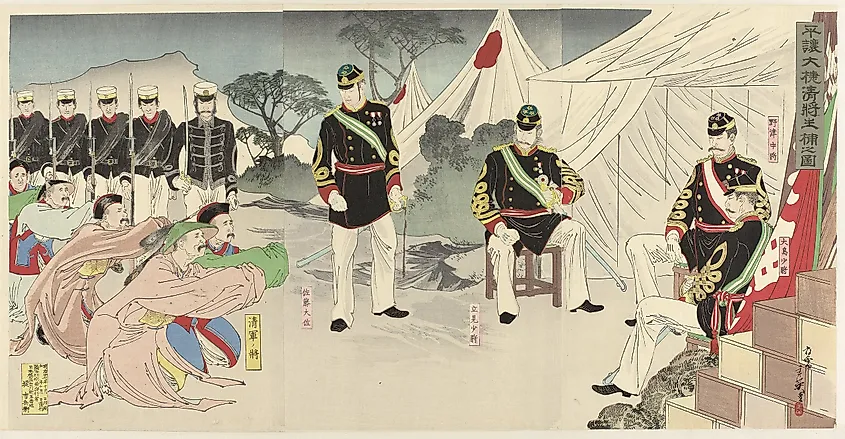
Imperialism is the policy, practice, or advocacy of extending the power and influence of a nation, typically through colonization and economic exploitation. Throughout history, imperialism has been synonymous with competition for resources and recognition amongst contemporary global powers. As a result, it often leads to negative consequences such as competing claims by different nations or ethnic groups to borders or rights and disrupting local economies and societies. Some examples of imperialism include Rome's control over the Mediterranean Sea in ancient times, European expansion through Africa during the 19th-century "Scramble for Africa," and Japan's 20th-century attempts to establish an empire in East Asia. Additionally, imperialism still occurs today, notably with China's investments in ports overseas and its use of infrastructure projects, including agriculture and other economic endeavors driven by a top-down government-investor model.
The History of Imperialism
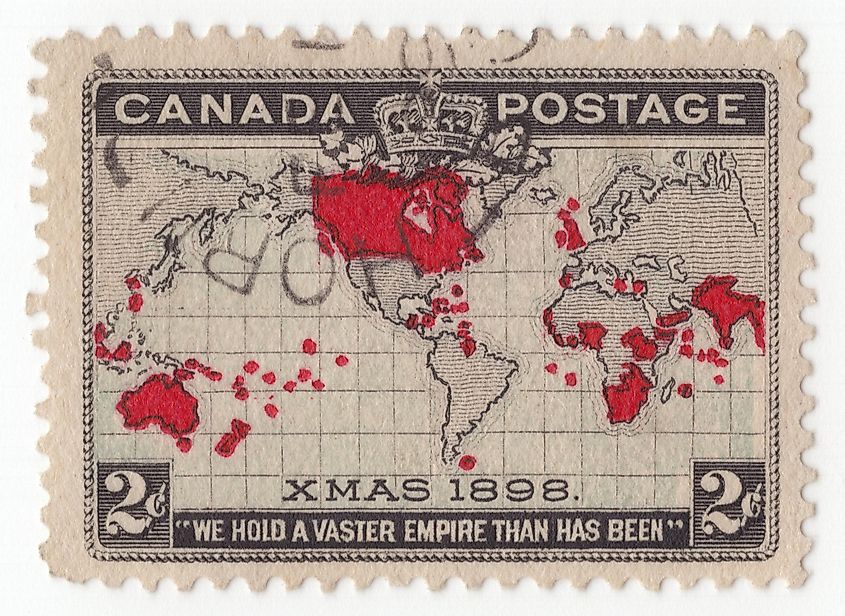
Various countries have equipped imperialist philosophies to expand their sphere of influence. This conquest could be outright colonization or economic control and exploitation. Early examples include the British Empire's reign over India and China during the 19th century and Europe's colonization of African nations in the late 19th and early 20th centuries. Imperialism also forces a particular ideological perspective onto those countries, often resulting in cultural destruction and suppression of dissent. Although some may see its effects as beneficial, imperialist policies have caused lasting damage to the societies that have suffered them for centuries. A worthwhile investigation would be to suppose what those conquered nations would look like today had they not been subjugated.
Imperialist Nations
Britain, France, Germany, Russia, the United States, Japan, and the Netherlands are dominating nations, and they owe their current influence to the imperialistic practices that their preceding administrations wielded. Britain colonized much of North America during the 17th and 18th centuries, built a maritime empire in Asia and Africa during the 18th and 19th centuries, and later had large-scale rule across Australasia and temporarily in Egypt. France developed a mixed form of imperialism from 1870 to 1940, including ownership of African and American colonies and protectorates in Southeast Asia. Finally, Germany aimed to control Europe in the late 19th century by possessing foreign regions, including parts of present-day Cameroon, Namibia, Tanzania, New Guinea, Southwest Africa, and Togo.
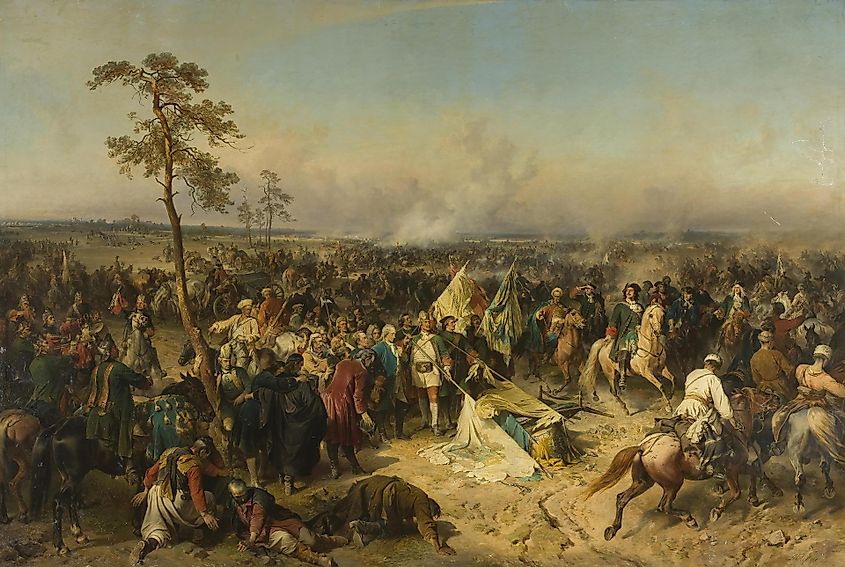
Czarist Russia also actively expanded its territory over two centuries, with a presence in Central Asia extending into East Siberia with vassal states stretching up to Alaska. The current Russo-Ukrainian War is a symptom of their historical attachment to imperialist philosophy. Additionally, The United States acquired vast areas in North America through negotiation until 1898, when the US reverted to annexing territories like Puerto Rico and Hawaii. Then, Spain ceded Guam and Cuba to the US, officially establishing US imperialism overseas. Last, Japan began colonial expansion during the Meiji era leading to their acquisition of the Ryukyu Islands by 1872, which then served as stepping stones into furthered levels of imperialistic control.
The Consequences Of Imperialism

The term imperialism has been around for centuries; however, its implications are still very relevant today. As imperialism is a policy of extending a nation's power and influence through colonization and economic dominance, it creates divided societies where those in power control resources and people of lower status cannot access or benefit from them. This dynamic continues to cause global inequality between powerful countries historically responsible for manipulating international affairs and those subject to their will. Therefore, correctly understanding how imperialism works is vital to addressing its lasting effects in the present-day world.
The Allure Of Imperialism
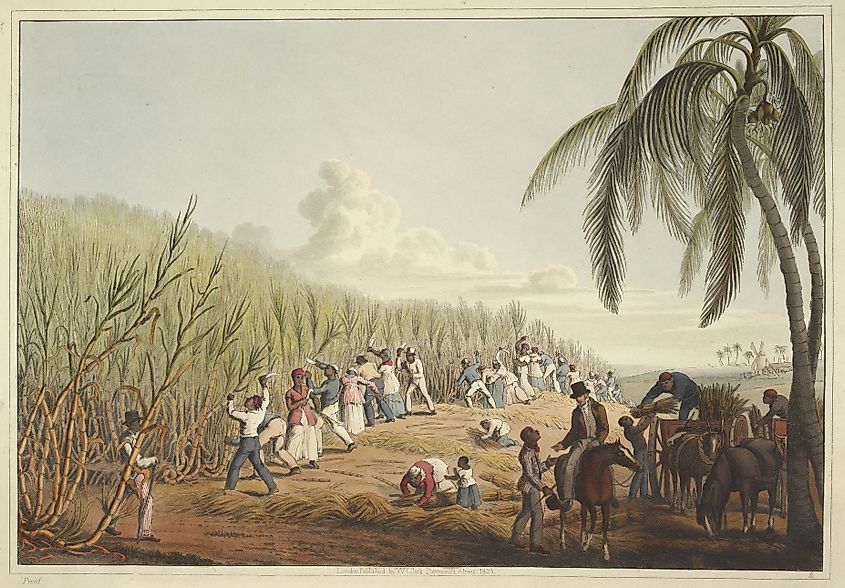
Imperial powers engaged in imperialism for various reasons, although economic and political gain were the primary motivations. European nations looked towards expanding their spheres of influence by controlling more land and resources as populations and economies grew. This increased control also allowed them to limit the growth or presence of other rival nations in key areas. Additionally, imperial rule offered these powerful countries access to important trade routes, an increase in colonial labor forces, and valuable materials that colonized countries could use to benefit their home countries. Finally, imperialism offered a wide range of benefits to those who had the power to take advantage of it, further entrenching them as global powers.
An Evolving Meaning
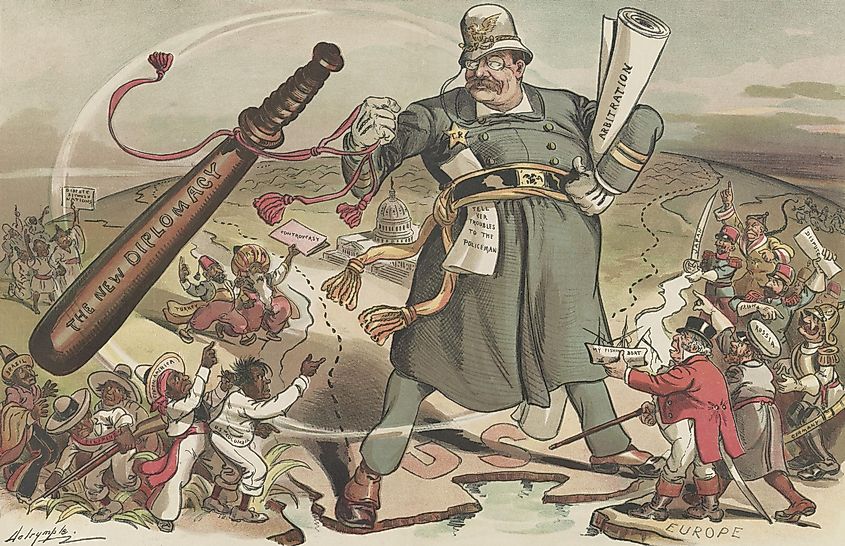
The definition of imperialism has evolved throughout history as different societies and cultures have reinterpreted it to fit their current circumstances. In the past, imperialism referred to a nation-state's conquest or military occupation of a foreign land, usually accompanied by political and economic control over the conquered territory. During the 19th-century era of European colonialism, academics used the term to describe territorial expansionism driven by competition between nationalist governments. Today, scholars have broadened their definition of imperialism to include political ideologies that exploit social, cultural, and economic hierarchies through neocolonialism and globalization. This interpretation highlights exploitation rather than merely territorial control. Moreover, it emphasizes international structures such as colonial holds that remain after occupations have ended and patterns of global economic inequality present in postcolonial times. In all its forms, imperialism reflects power dynamics among countries and impacts relationships between modern cultures and nations.
Colonialism Vs. Imperialism
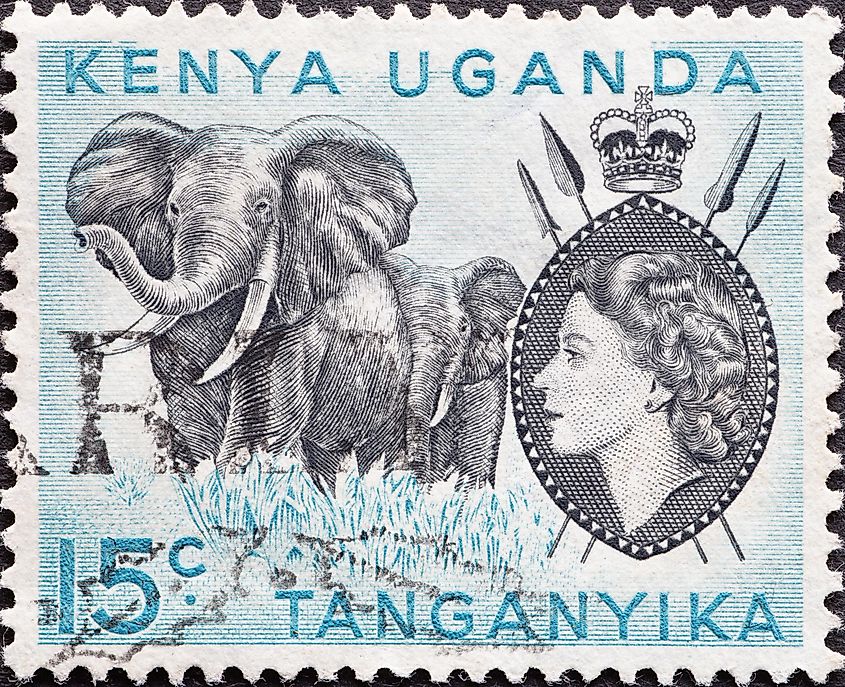
The terms 'colonialism' and 'imperialism' are often discussed in the same context; however, a closer inspection of their definitions reveals a crucial distinction between them. Colonialism refers to the process of a nation taking over foreign territories as noted in its historical context, such as during the era of European powers acquiring distant countries for economic gain. On the other hand, geography does not dictate imperialism; instead, it describes a policy of maintaining spheres of influence through diplomatic and economic means. These two approaches can be juxtaposed further: colonial power is historically linked to the physical conquest of foreign lands, while imperialism is more closely associated with extending cultural control. Ultimately, colonialism pertains to the literal occupation of new lands, while imperialism reflects the idea of increasing one's perceived power and prestige abroad. Naturally, the ideology of imperialism and the practice of colonization often mix.
Imperialism has been controversial throughout post-Renaissance history, as grave injustices can be caused by pursuing expansion and power. Though the definition of imperialism has been changing over time, especially after World War I, its legacy persists. From indirect rule to classic colonization, most nations have a history intertwined with some involvement in imperialism. Moreover, while many current nation-states worldwide owe their existence to colonialism and imperialism from hundreds of years ago, its effects still linger. Ultimately, understanding imperialism is crucial for unpacking many current international relationships between states and for advancing understanding of global politics.
